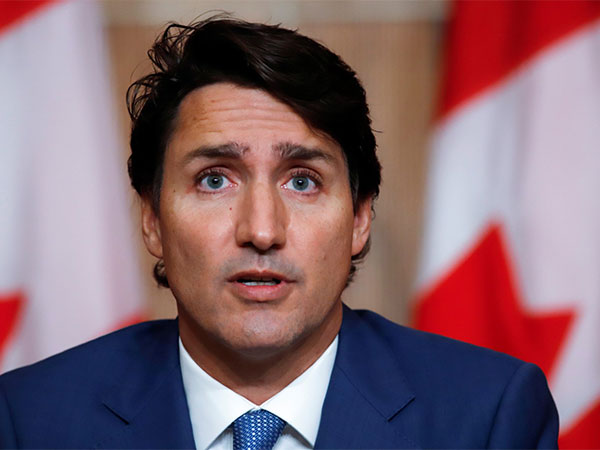Trudeau Survives Vote of Confidence Amid Rising Pressures
Canadian Prime Minister Justin Trudeau survived a confidence vote after his main political rival failed to gather enough support to oust his Liberal Party government. Despite this, Trudeau faces ongoing political challenges, including demands from the Bloc Quebecois and rising public discontent over issues like housing and rising prices.

Canadian Prime Minister Justin Trudeau easily survived a vote of confidence on Wednesday after his main political rival failed to muster enough support to end nine years of Liberal Party rule. Legislators in the House of Commons voted 211-120 to defeat a motion by the official opposition Conservative party declaring a lack of confidence in Trudeau's minority Liberal government.
Trudeau, whose popularity has slumped amid unhappiness over rising prices and a housing crisis, became more politically vulnerable this month when the smaller New Democratic Party tore up a 2022 deal to keep him in power until an election scheduled for end-October 2025. "Today was a good day for the country because I don't think Canadians want an election," said Karina Gould, the senior Liberal in charge of government business in the House.
Despite surviving the vote, other challenges loom for Trudeau. Earlier in the day, the leader of the separatist Bloc Quebecois said he would work to bring down the government unless it quickly agreed to the Bloc's demands. Trudeau's Liberals will soon face a second vote on one of its budget measures, which is also a matter of confidence, but are expected to also survive that. Officials said the vote could take place on Wednesday or Thursday.
"We are going to work piece of legislation by piece of legislation, issue by issue, negotiating with the different political parties," Gould told reporters. The right-of-center Conservatives have a big lead in the opinion polls ahead of an election that must be called by the end of October 2025.
The Conservatives say they want an election as soon as possible on the grounds that Canadians cannot afford a planned increase in the federal carbon tax. They also say federal spending and crime have ballooned under the Liberals. "Enough is enough. Costs are up, taxes are up, crime is up, and time is up," the Conservatives said in a statement.
Trudeau, while acknowledging public unhappiness, has accused the Conservatives of playing politics rather than focusing on what people need. Bloc leader Yves-Francois Blanchet said he would keep Trudeau in power at least until end-December if he gave more money to seniors and vowed to protect a system of tariffs and quotas that protect dairy farmers, many of whom live in Quebec.
If the government did not formally do this by Oct. 29, the Bloc would talk to opposition parties with a view to bringing down Trudeau, he told reporters. But to succeed he would need the support of the NDP, which also backed Trudeau on Wednesday. Polls indicate the party would also be in trouble if an election were called now. (Additional reporting by Ismail Shakil in Ottawa; Editing by Frank McGurty and Deepa Babington)
(With inputs from agencies.)
ALSO READ
UNDP Supports Malaysia’s Fight Against Ozone Depletion with Advanced Instrumentation
Supreme Court Vindicates Former IPS Officer in NDPS Case
ILO and UNDP Host Key Event in Armenia to Combat Gender-Based Violence in Workplace
UNDP and Qatar Partner to Harness Digital Innovation for Sustainable Development
Crackdown in Kathua: Drug Peddlers Detained Under NDPS Act










